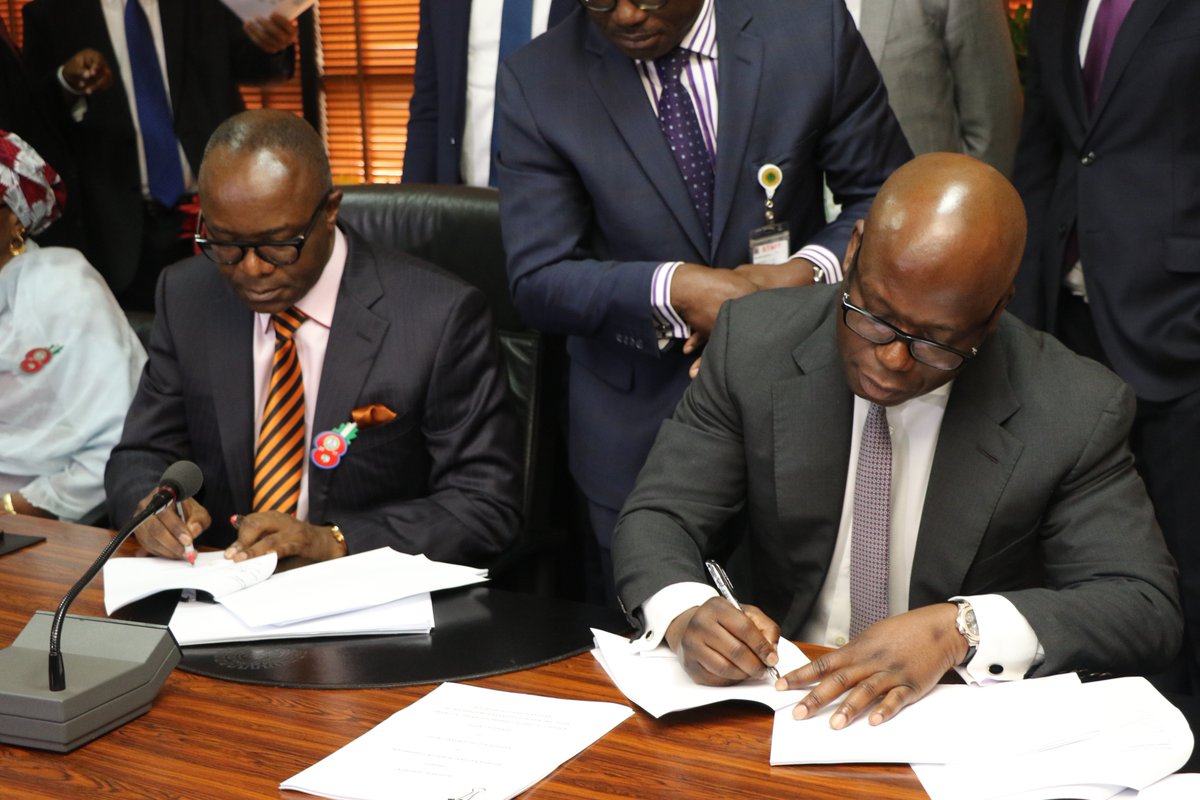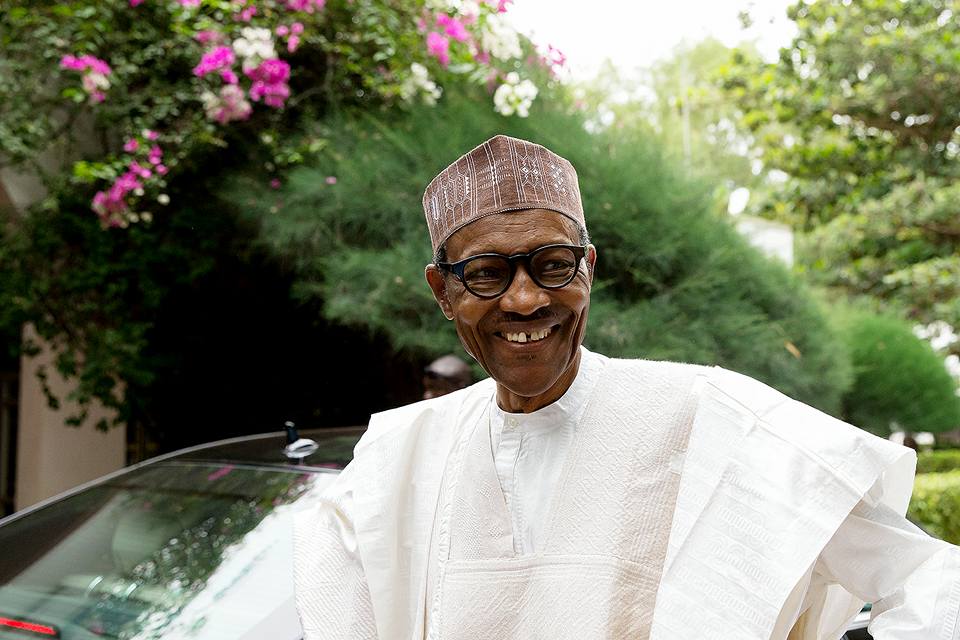State governors have agreed to reduce the number of vehicles in their convoys as well as reduce the patronage of chartered flights as part of measures to cut the cost of running government.
They also agreed to cut the number of aides and frequency of trips.
This was the highlight of a six-hour meeting of National Economic Council (NEC) in Abuja on Tuesday, presided over by Vice-President Yemi Osinbajo.
Governor of Kaduna state, Nasir el-Rufai, Anambra state deputy governor, Nkem Okeke, and Udoma Udo Udoma, minister of budget and national planning, disclosed this to the media after the meeting.
Advertisement
El-Rufai said cutting the running cost of government will send a strong message to the populace “that everyone is going through pain”.
He said the federal government has agreed to revisit the Steve Oronsaye report to restructure and rationalise agencies, parastatals and commissions.
He said: “We are spending too much on running the government than on goods and services in serving the population.
Advertisement
“At the federal level, we are suggesting looking at the Oronsaye report.”We have discussed very important steps to be taken. We have suggested looking at Oronsaye report that suggested merger and reduce publications of agencies. The federal government has 580 agencies. They are too many and they cost too much. There is a need to look at those that are duplicating and merge them. That is a report published since 2012. Even within MDAs, we need to consider merging departments. We may not need as many departments as we have.
“We have discussed implementing a public service renewal programme to get younger people, more IT-saavy people into the public service. My state for instance has placed an embargo on employment since 2008. For eight years, young people were not employed. So, the average age in the service is very high; it is 47. People that are that old are afraid of gadgets. The world has become a world of technology and it is these young people that are comfortable with technology.”
ECONOMIC DOWNTURN
On economy, el-Rufai said: “When people say that this administration has impoverished them, they are not being charitable because I have said we inherited a governmental structure that was based on the assumption that price of oil will remain $100 per barrel.
Advertisement
“By the time we took over, prices reduced to as low as $26 per barrel. Eighty per cent of government revenue depends on the price of oil and the quantity of oil sold.
“You must expect a cut in your consumption if the price collapses. If in your own household, your salary is slashed by 80 per cent, what will you do?
“This is what Nigeria is going through. Our revenues have collapsed by about 40 per cent to 60 per cent if you compare it to say 2014.
“This collapse happened because there is a reduction in price of oil. Secondly, we were producing over two million barrels of oil per day but because of the situation in the Niger Delta, we are now producing about 1.1million barrels per day.”
Advertisement
NO SAVINGS
El-Rufai it is “therefore inevitable that there will be cut and pain. But to say that it is government that is doing it without referring to the cause is not fair.
Advertisement
“When I left government as minister in 2007, we left $40 billion in reserves and $27 billion in the excess crude account, that was what we handed over to Yar’Adua.
“Coming back as the governor of Kaduna state, the people that came after us have blown the money. They blew all we left behind, blew what they earned and borrowed, leaving President Buhari and his team to clear the mess. Nobody is even talking about that.”
Advertisement
NIGER DELTA CRISIS
El-Rufai also spoke on the governors committee to mediate on Niger Delta crisis.
Advertisement
“Governors also raised concerns on the Niger Delta situation. You know we budgeted that we will be producing 2.2 million barrels of oil per day. At a point, oil production collapsed to one million barrels per day,” he said.
“This has significantly affected the nation’s revenue and the largest hit were the Niger Delta states that get the bulk of their revenue from the nation because the less they produced, the less they have.
“The vice-president told us that the federal government is willing and will work with the Nigeria Governors Forum to ensure that the problem is solved. The governors have essentially opened another platform of committee of governors to wade into this matter and use the knowledge of local intelligence to help.”
Add a comment






